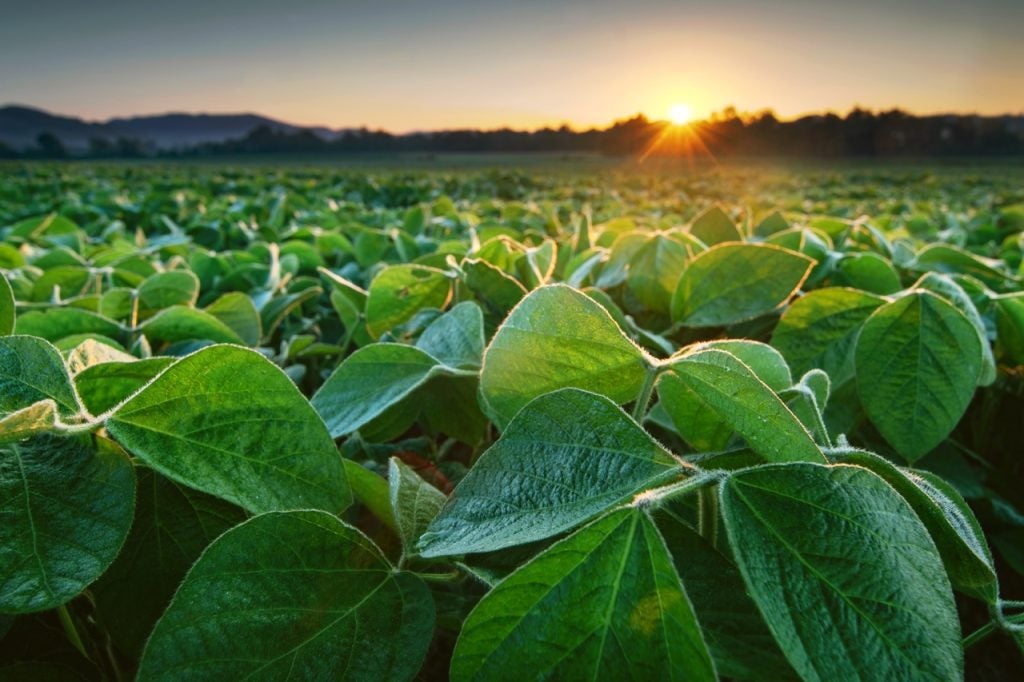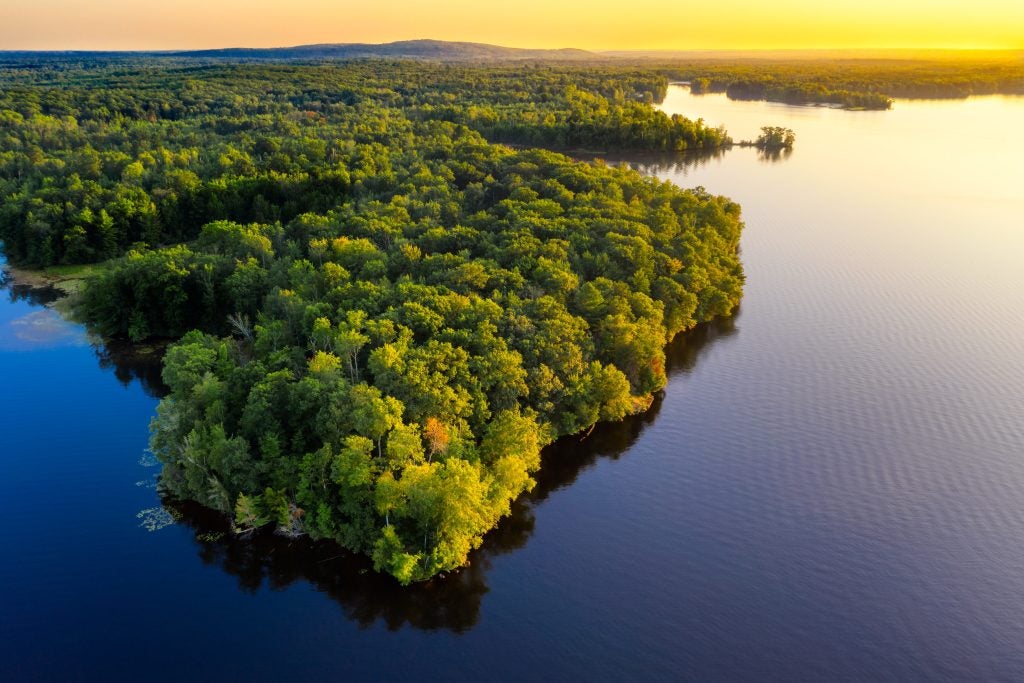As the UN climate conference kicks off in Egypt, food and agriculture are central to negotiations for the first time. More severe droughts, warmer temperatures and heavier rainfall fueled by climate change are making it harder than ever for the world’s one billion farmers to grow food and fiber. While some farms and regions are more vulnerable than others, climate change will affect farmers everywhere.
Here in the U.S., where farmers have a long history of steadily increasing yields, climate change will likely cause crop productivity gains to stall — or even reverse — as soon as 2030.











